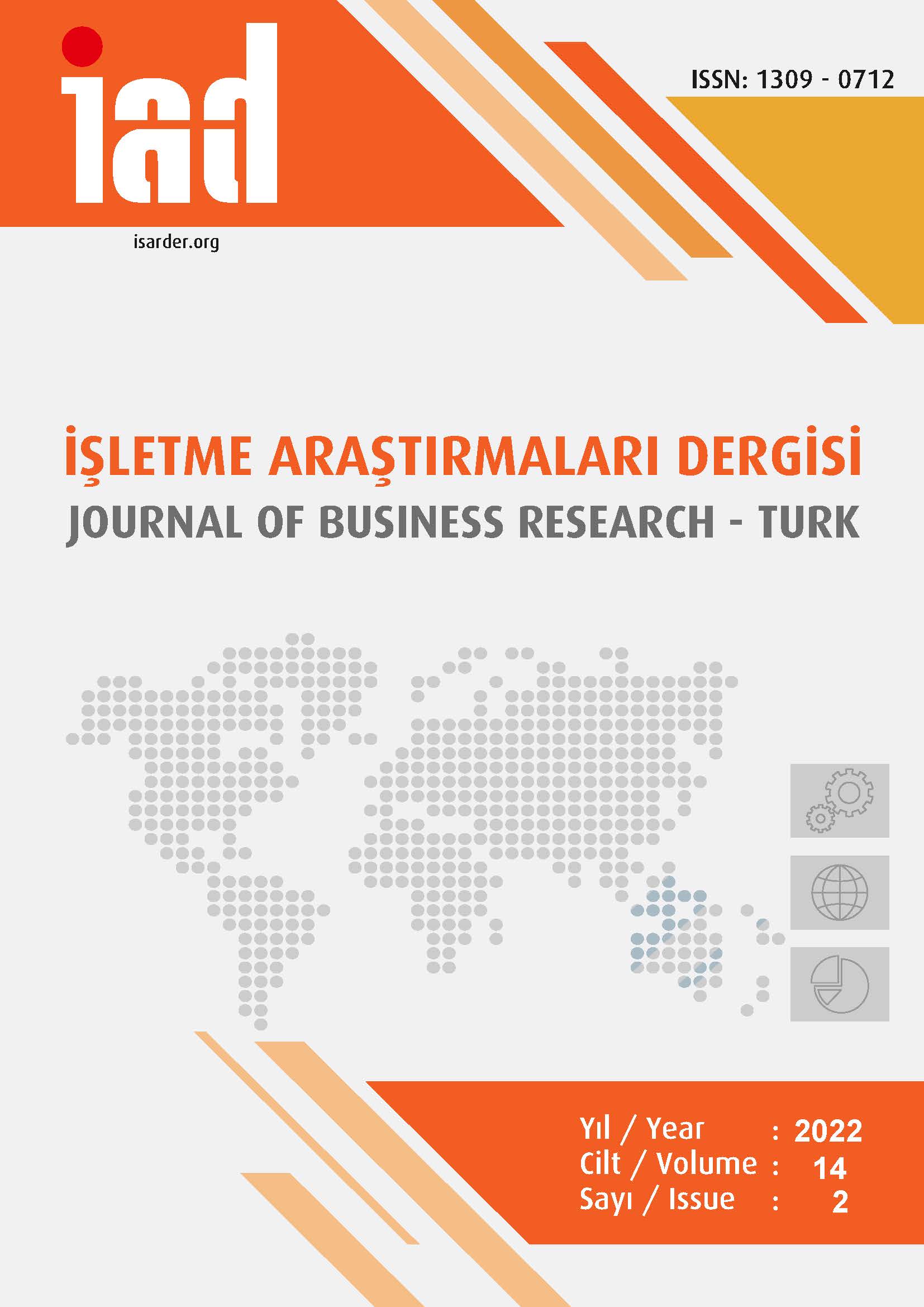(Analysis of Capital Market Theory of Inflation: The Case of Turkey through the Banking Sector)
DOI:
https://doi.org/10.20491/isarder.2022.1436Keywords:
Capital Market Inflation, Asset Price Inflation, ARDL MethodAbstract
Purpose – Based on Toporowski's (1999), this paper aims to analyze the movement of share prices in the Turkish banking sector and the relationship between this movement and the profitability of the financial sector. Design/methodology/approach – ARDL was used as the analysis method in this paper. In addition, Trend Analysis was used to knit the price trend of the BIST financial sector. Findings – The findings obtained are of a nature to support the capital market inflation theory. The Trend Analysis finding also supports the ARDL findings. Discussion – The monetary expansion policies implemented by the countries with the reserve currency, especially the Fed, against the adverse economic conditions created by the 2020 Covid-19 epidemic, did not create the desired expansion or expenditure flow in the goods market, but led to the excessive growth of the asset markets. This expansion in the asset markets took place in a disconnected manner from the activities and balance sheets of the companies, and the share prices of even the companies that made losses skyrocketed. Capital market inflation theory developed by Toporwski (1999) explains this situation. According to the theory, excessive fund inflows to financial markets caused financial market inflation and separated the increase in share prices from the balance sheet conditions of the companies.
Downloads
Published
How to Cite
Issue
Section
License

This work is licensed under a Creative Commons Attribution-NoDerivatives 4.0 International License.





